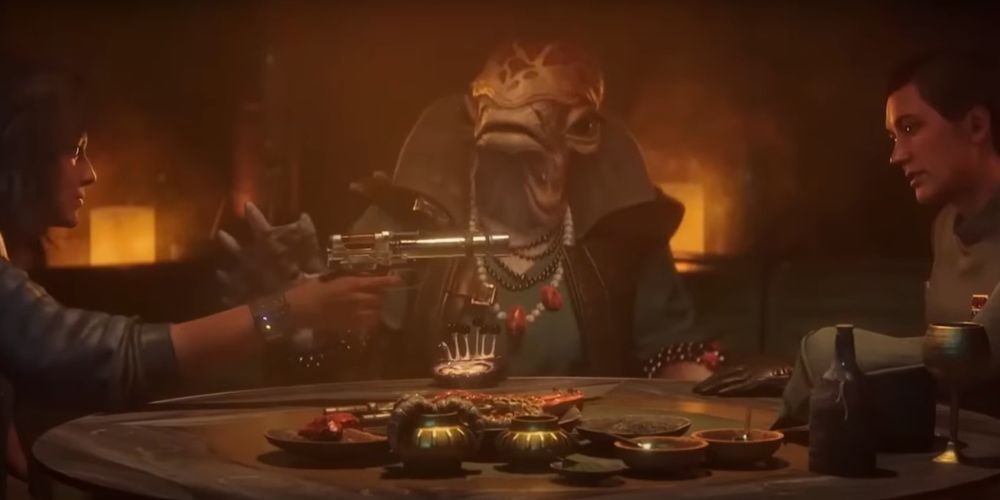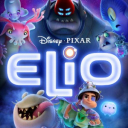A Hutt of a Controversy: Ubisoft Clarifies Star Wars Outlaws' Jabba Content
Apr-17-2024

Star Wars Outlaws, the much-anticipated single-player, open-world adventure, found itself embroiled in controversy last week when details about its season pass emerged. The revelation that an exclusive day-one mission called "Jabba's Gambit" would be locked behind a $40 season pass sparked widespread outrage among fans and gamers alike.
The uproar stemmed from the assumption that this mission might be the sole encounter with the infamous crime lord, Jabba the Hutt, in the game. Several headlines fueled this speculation, with titles like "You Need The Season Pass To Play 'Star Wars: Outlaws' Jabba The Hutt Mission" and "Star Wars Outlaws Puts Jabba Mission Behind A Paywall" setting the stage for a heated debate.
However, Ubisoft swiftly responded to quell the concerns, clarifying that Jabba the Hutt and the Hutt Cartel will indeed play a significant role in the core Star Wars Outlaws experience, regardless of whether players purchase the season pass or not. In a statement, a Ubisoft representative confidently asserted, "Jabba the Hutt and the Hutt Cartel are one of the main syndicates in Star Wars Outlaws and will be part of the experience for everyone who purchases the game, regardless of edition."
The representative further explained that the "Jabba's Gambit" mission is an optional, additional adventure with the Hutt Cartel, available exclusively to those who purchase the season pass or an edition of the game that includes it. While the practice of gating launch content behind season passes and pre-order incentives remains controversial, Ubisoft's clarification ensures that players' appetite for the iconic Hutt will be sated, regardless of their purchasing decisions.
As the gaming community weighs the implications of this revelation, it is worth noting that Star Wars Outlaws will be available in multiple editions, including the Gold Edition ($110) and the Ultimate Edition ($130), each offering varying levels of additional content and cosmetic items. While such practices are not uncommon in the industry, they continue to spark debates about the value proposition and accessibility of gaming experiences.







